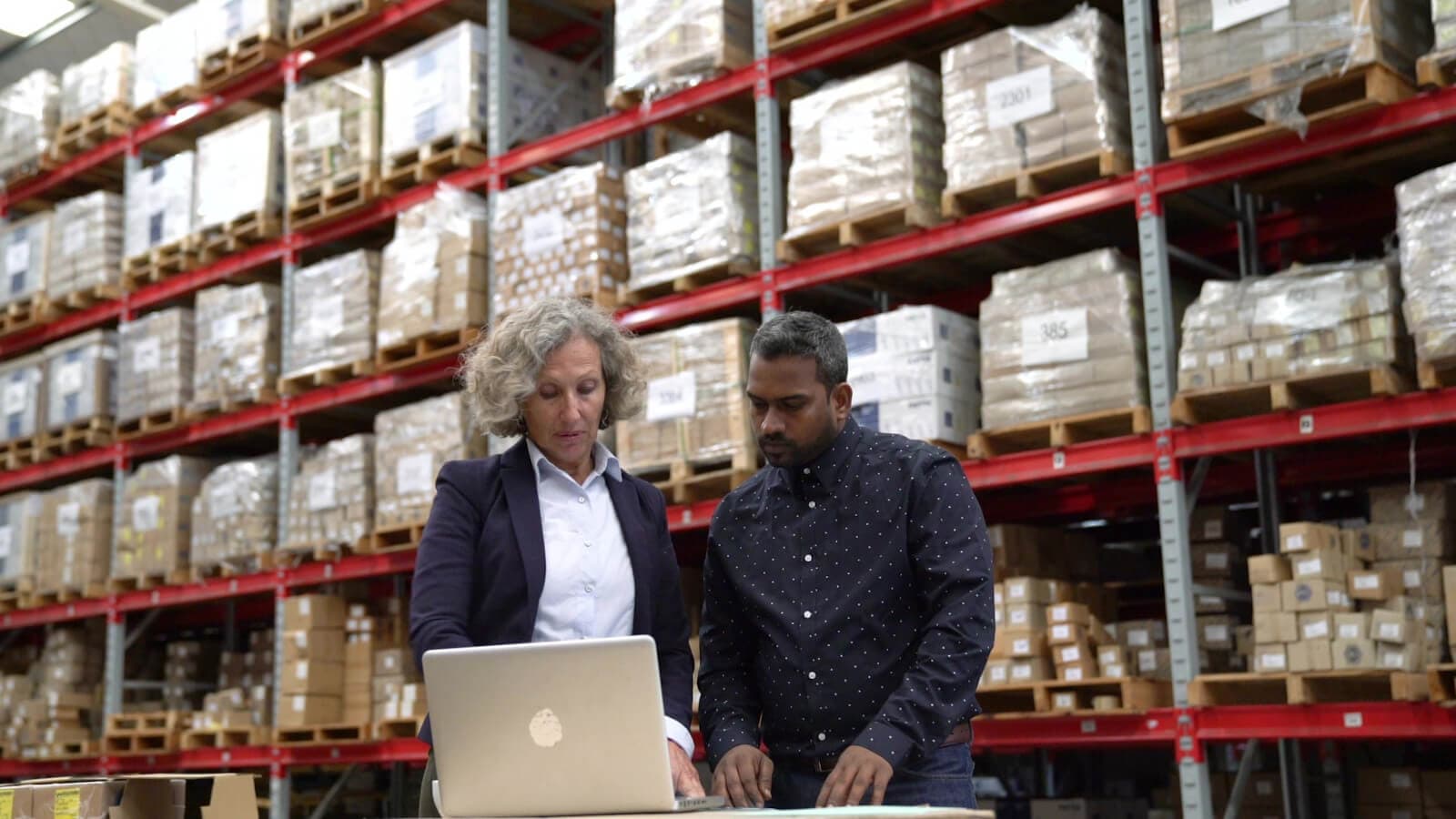Historically, consumers and organisations have been able to access materials, products and services with certainty. But those things that have historically felt stable and predictable have been significantly disrupted for some time, with potentially further challenges on the horizon. Supply chain management is no longer a linear discussion: some things will remain in your control, others won’t. All organisations need to position themselves to be in the best place to manage this uncertainty.
Our PwC experts spoke to ITN Business to explore how organisations can combine technology, data and insight to help them make smarter decisions and overcome their biggest challenges, from meeting ESG ambitions, to optimising cost and increasing resilience and productivity.
“Genuine supply chain transformation requires a change of psychology across the whole organisation.”
Alistair Kett, Lead Partner, Supply Chain and Operations, PwC UK
A change of mindset
Most organisations over the last two or three years will have experienced some sort of shock predicated by a supply chain event. A whole portfolio of events outside of their control have disrupted availability of core components and created a host of challenges, from cost to certainty of supply.
As a result, organisations now need a more detailed and forensic lens in order to get the level of transparency required to inform bold and brave decisions.
That means understanding and assessing organisational health, financial health, ESG ambitions and emissions, sanctions and more. It’s about being able to get a clear view of operational health, including any dependencies on third parties and other suppliers, and putting in place alternative sourcing arrangements where needed.
Success here requires a change of psychology across the organisation.
Certainty, security and resilience through collaboration
While data-driven insights and powerful new technologies will give greater transparency, more clarity and deliver results, genuine transformation requires organisations to embrace new ways of working and thinking, and encouraging collaboration across the wider value chain.
That requires cross-functional business units to come together. It’s not solely the responsibility of procurement, supply chain, or the finance function, but about everyone working together to ensure business continuity and resilience.
And the need for collaboration extends to external parties, too. Organisations must understand the importance of third-parties for them achieving their organisational strategy. Without robust third-party risk management, businesses will be unable to create value for the organisation, meet their own strategy, or play a part in the increasingly important digital economy.
It requires a genuine understanding of the data, the technology, the people, the property and the third parties it takes to deliver your service. But doing so will give organisations greater physical and digital resilience.
Introducing and embracing innovative technologies - such as an AI-driven supply chain - then allows organisations to make better decisions based on having the right data and insight in place, as well as the right tools to be proactive and agile. It’s not just about using the technology available to drive top line growth, but also improve visibility and inform actions.
While such a multifaceted challenge may appear overwhelming at first, it’s important for businesses to take action. Even incremental changes can start to deliver results.
Those that can bring together the right people, technology, skills and insight will transform how they operate, overcome challenges and find opportunities.
“If you do not have robust third party risk management processes in place, you will not maximise the value of your third party arrangements.”
Penny Flint, Partner, Financial Services and Third Party Risk Management, PwC UK
Time to take action
Organisations must now consider strategic and longer-term factors to increase resilience and optimise costs. That could include supply chain digitisation, new planning processes and procedures, or automation. Only those that understand their future operational needs can act strategically, find opportunities that make the difference and unlock growth.
With a passion for building and running resilient and responsible supply chains through roadmap, strategy, transformation and execution managed services, we can help you find new value through integrated business and tactical planning, procurement, digital manufacturing and fulfilment.
Contact us

Lead Partner, Supply Chain and Operations, PwC United Kingdom
Tel: +44 (0)7730 146256

Penny Flint
Partner, Financial Services and Third Party Risk Management, PwC United Kingdom
Tel: +44 (0)7803 858309

Rachael Eve
Director, Procurement Operations Transformation, PwC United Kingdom
Tel: +44 (0)7483416820

Partner, Supply Chain Operations Transformation, PwC United Kingdom
Tel: +44 (0)7483 421580









